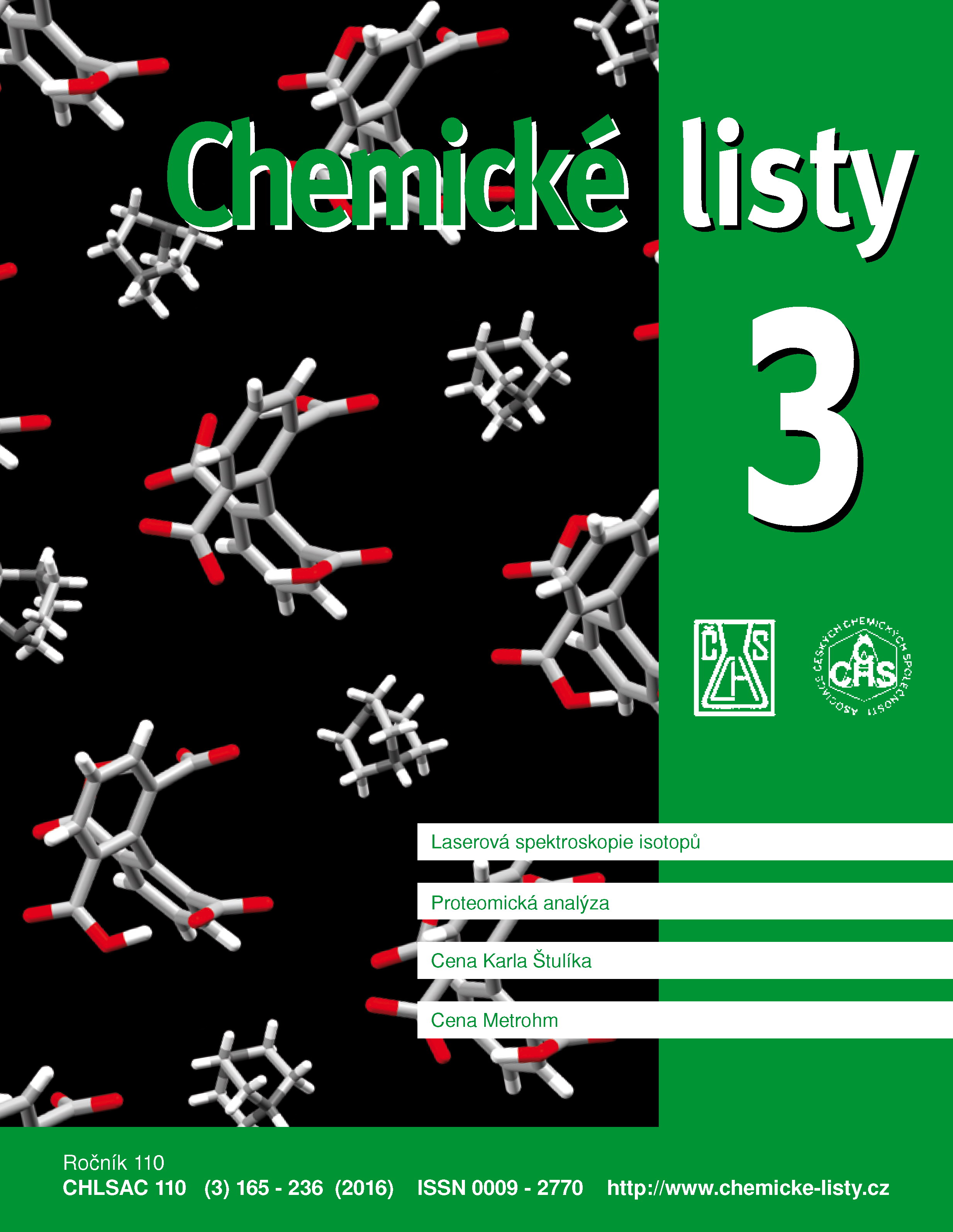DNA-Modified Carbon Electrodes as Tools for Electrochemical Detection of DNA Damage
Keywords:
supramolecular chemistry, DNA biosensors, carbon electrodes, DNA damage, chemical carcinogens, drugs, oxidative stress, reviewAbstract
Interactions of various xenobiotic compounds with deoxyribonucleic acid (DNA) represent the most important aspects of biological studies in clinical and toxicological analyses, drug discovery, and pharmaceutical development processes. In recent years, a growing interest in electrochemical investigation of such supramolecular interactions has arisen. Monitoring the changes in electrochemical signals of DNA and/or observing the mutual interactions of DNA with examined analytes provide good evidence for the interaction mechanism to be elucidated. Moreover, the DNA–analyte interactions can also be used for sensitive determination of the analyte itself. This short review summarizes our results obtained during the last five years in the field of novel electrochemical DNA biosensors utilizing carbon-based transducers as substrates for immobilization of DNA. Its aim is to provide evidence that the electrochemical approach (employing simple, fast, sensitive, and inexpensive DNA biosensors as tools for investigation and detection of DNA damage) brings a new insight into human health protection and leads to better understanding of the interaction mechanism between xenobiotic compounds and DNA.





